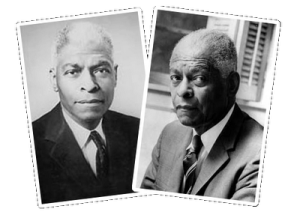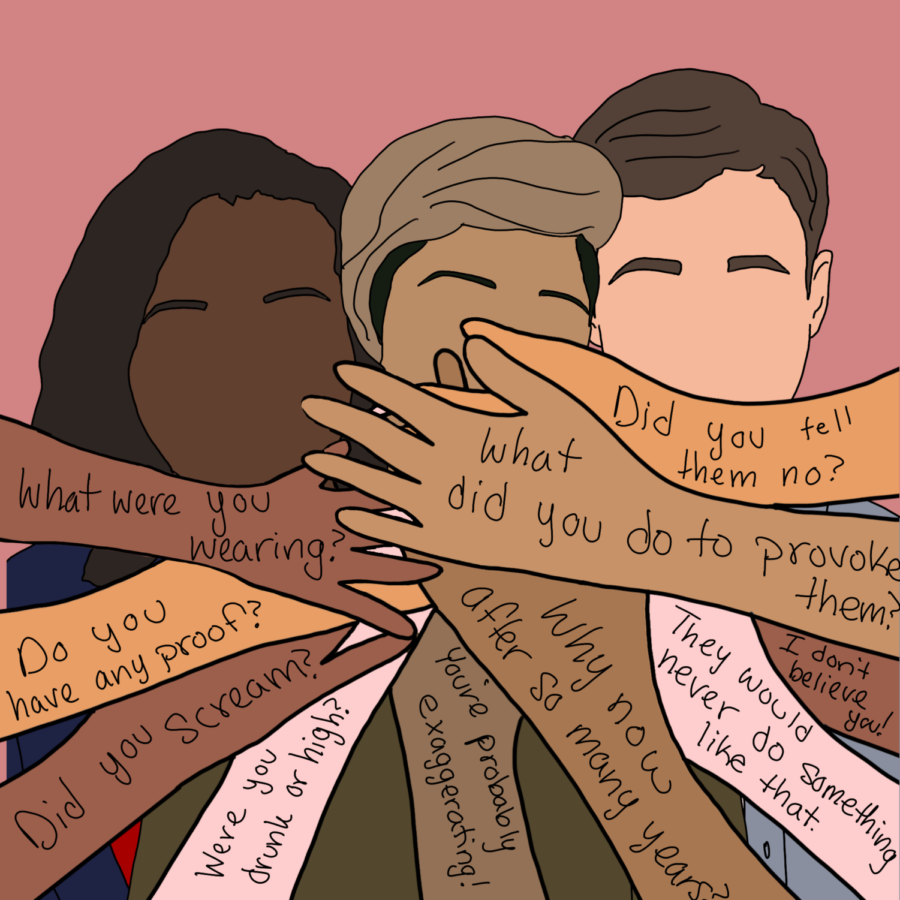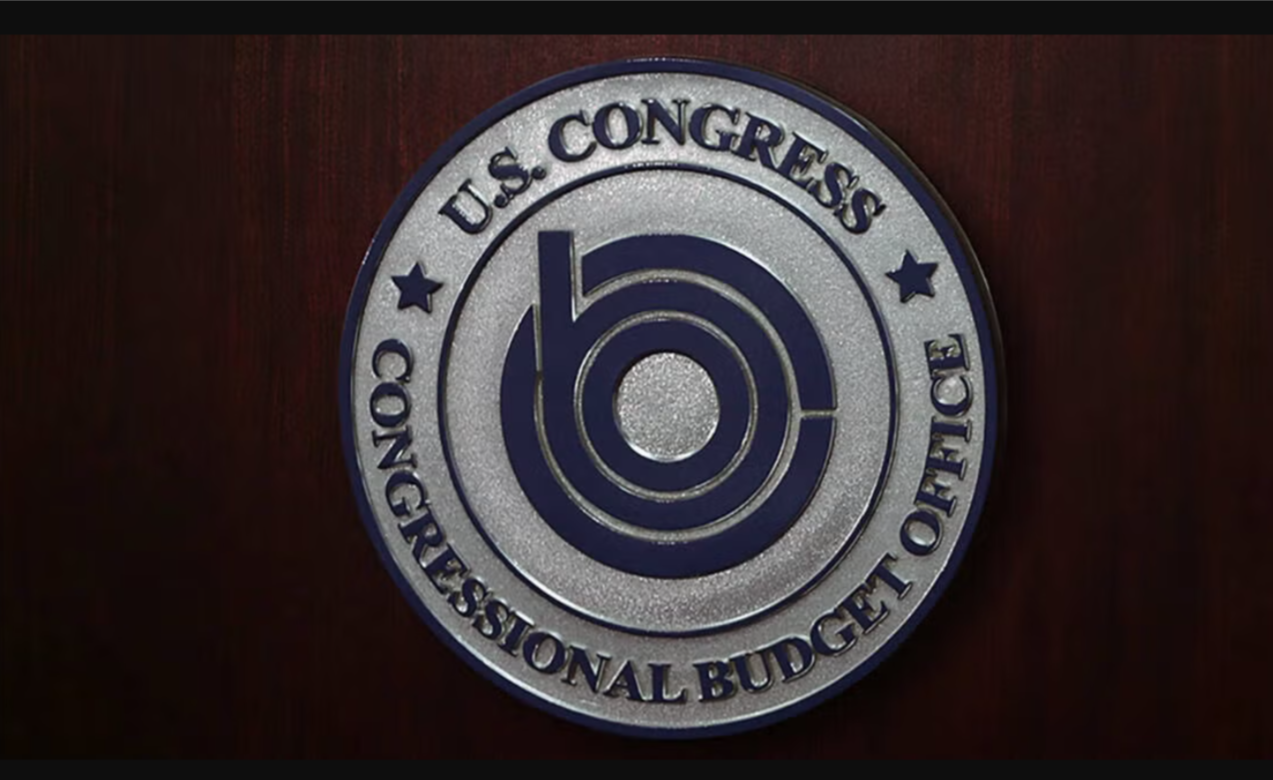(ThyBlackMan.com) “It started here in a log cabin and a cotton patch. If it hadn’t been for Benjamin Mays, there probably wouldn’t have been a Martin Luther King.” So said Ambassador Andrew Young as he spoke at the dedication of the Benjamin E. Mays Historical Preservation Site in Greenwood, South Carolina on April 26. Dr. Benjamin Elijah Mays, who was born in 1894 to former slaves, was an adviser to Presidents, mentor of mentors like Dr. Martin Luther King, Jr., lauded preacher and scholar, advocate for social justice, and the president of Morehouse College from 1940 to 1967. He was a remarkable man and role model for thousands of students who entered the doors of Morehouse, Spelman College, Atlanta University, Clark and Morris Brown Colleges, and the Interdenominational Theological Seminary, the schools that constituted the broader Atlanta University Center of Black higher education.
Ramrod straight of posture, unwaveringly principled and caring, keenly intelligent and elegant in speech, Dr. Mays was one of the most important  people to me during my college years at Spelman. Throughout my life he inspired me with a passion for excellence and service. The Mays Historical Site, which includes a museum, a 19th century one-room Black schoolhouse, and the simple log cabin that was Dr. Mays’s birthplace and childhood home, is a long overdue recognition of him by his native state, South Carolina.
people to me during my college years at Spelman. Throughout my life he inspired me with a passion for excellence and service. The Mays Historical Site, which includes a museum, a 19th century one-room Black schoolhouse, and the simple log cabin that was Dr. Mays’s birthplace and childhood home, is a long overdue recognition of him by his native state, South Carolina.
One of Dr. Mays’s earliest childhood memories was of the armed White mob that came to his home during an 1898 riot and forced his father to bow before them at gunpoint. Eight other Black citizens, including Dr. Mays’s cousin, were murdered. Dr. Mays understood early on that the way to escape the violence, discrimination, and poverty of his rural Southern community would be through education. After graduating as valedictorian from the high school department of South Carolina State College at age 22, he went on to graduate with honors from Bates College in Maine. He went on to Atlanta, where he pastored Shiloh Baptist Church and was recruited to serve as a math instructor and debate coach at Morehouse. After returning to school to earn a Ph.D. in Religion from the University of Chicago, Dr. Mays was appointed dean of the School of Religion at Howard University in 1934, and served there until assuming the presidency of Morehouse.
I first met Dr. Mays in 1953 when I was thirteen years old and he came to stay at my house. Daddy had invited him to speak at our church, and because there were no hotels where Black visitors could stay in my Southern town, the pastor and parishioners always provided hospitality to strangers great and humble. Later, I heard and saw Dr. Mays and his beautiful wife Sadie often at Spelman or on Morehouse’s campus. Students were regularly invited to their house, and I was one of eight very lucky Spelman students privileged to sing with eight Morehouse students at Morehouse’s 9:00 a.m. Sunday morning chapel services in Sale Hall, where I heard Dr. Mays and other speakers from Morehouse and the outside world every week. Students lovingly imitated Dr. Mays’s words and mannerisms and hungrily internalized his unerring belief that we were God’s instruments for transforming the world.
Of the six college presidents in the Atlanta University academic complex, Dr. Mays was the one who we looked up to most. He inspired and taught us and stood by us when we challenged Atlanta’s racial discrimination. Some of his teachings I wrote in my college diary. Others I internalized and, like many others who heard him frequently, I shared his words with others. I especially remember his oft-repeated “God’s Minute” from an anonymous sage:
I have just one minute
Only sixty seconds in it,
Forced upon me—can’t refuse it
Didn’t seek it, didn’t choose it,
But it’s up to me to use it.
I must suffer if I lose it,
Give account if I abuse it.
Just a tiny little minute—
But eternity is in it.
Dr. Mays also warned “the tragedy of life is often not in our failure, but rather in our complacency; not in our doing too much, but rather in our doing too little; not in our living above our ability, but rather in our living below our capacities.” When Morehouse College bade Dr. King farewell after his assassination at a service on the grassy rectangle connecting Atlanta University with Morehouse, where I stood with thousands of others who had marched behind his simple mule-driven cortege, Dr. Mays movingly saluted his former student, fellow freedom fighter, and servant of God with Ralph Waldo Emerson’s words: “See how the masses of men worry themselves into nameless graves, while here and there a great unselfish soul forgets himself into immortality.”
How many high school and college students today are urged to follow intrinsic values rather than extrinsic success? Dr. Mays was a great unselfish soul who through the countless young people he inspired lives on. I am grateful a new generation will now be able to visit his childhood home and learn about Dr. Benjamin E. Mays’s life and legacy.
Written By Marian Wright Edelman
Official website; http://twitter.com/ChildDefender

















Leave a Reply